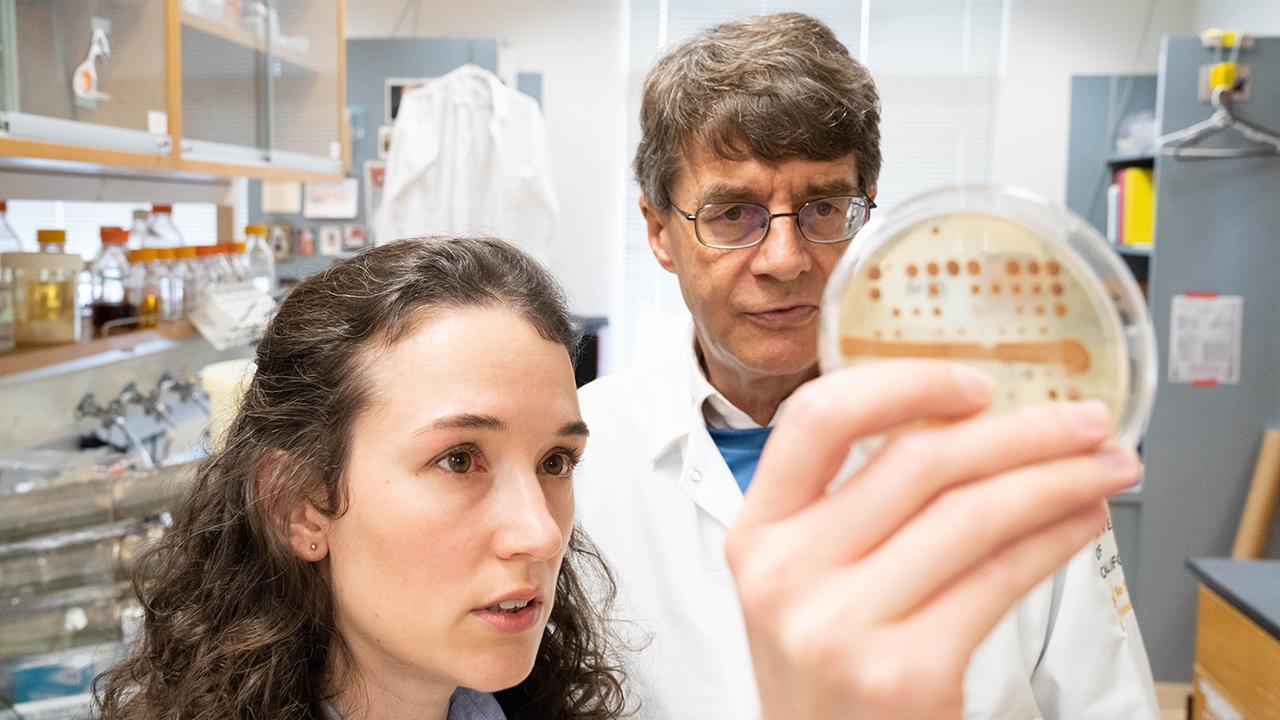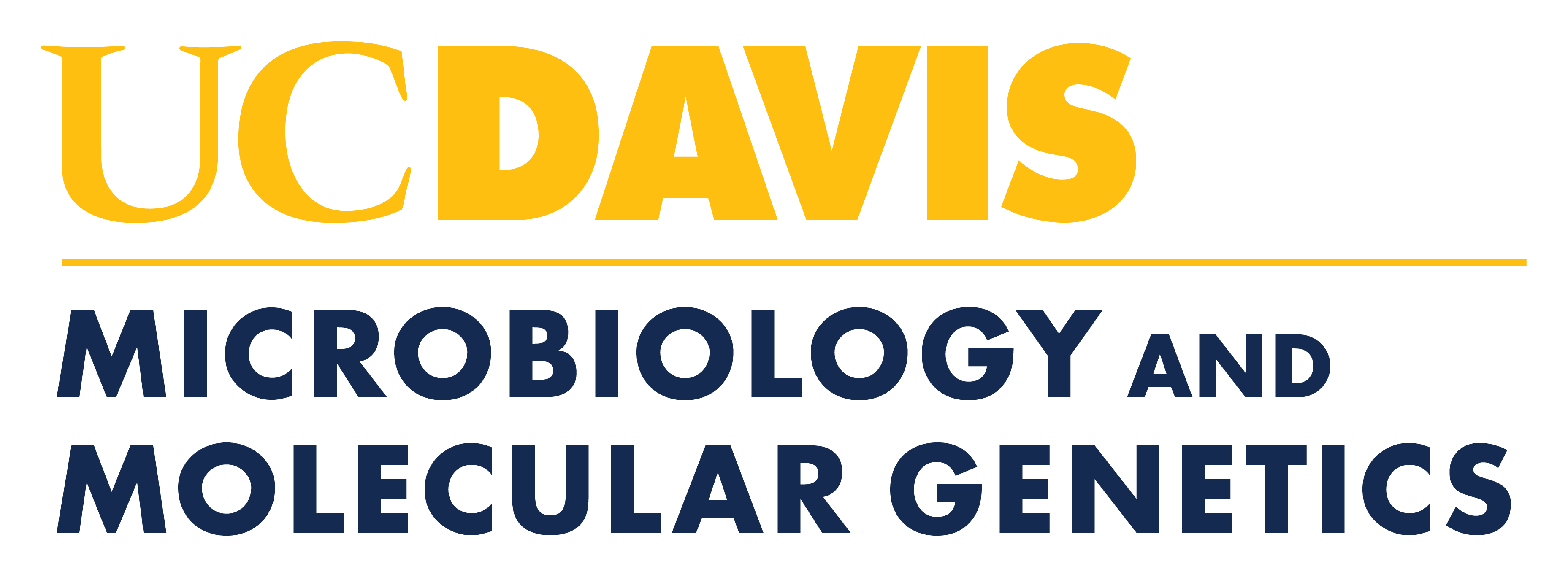
Experiments in Yeast Hint at Possible Origins of Cancer and Autism
New study reveals mechanisms of genomic instability
Cancer often starts with the reshuffling of DNA—akin to scrambling the pages of a dictionary. Exactly how this happens has long been a mystery. But researchers in the UC Davis College of Biological Sciences have now arrived at one promising explanation.
The problem seems to happen at a critical moment: when the cell is fixing a broken string of DNA. This repair process, called homologous recombination, can go awry, says Wolf-Dietrich Heyer, a Distinguished Professor and chair in the Department of Microbiology and Molecular Genetics.
“It’s counterintuitive,” he says. “A mechanism for maintaining genome stability can actually cause instability.
Heyer and his students have studied this process for years. Their latest discovery, published August 4 in the journal of Genes & Development, could shed light on the origins of cancer, and of neuro-developmental disorders such as autism.
Read the full story here.
